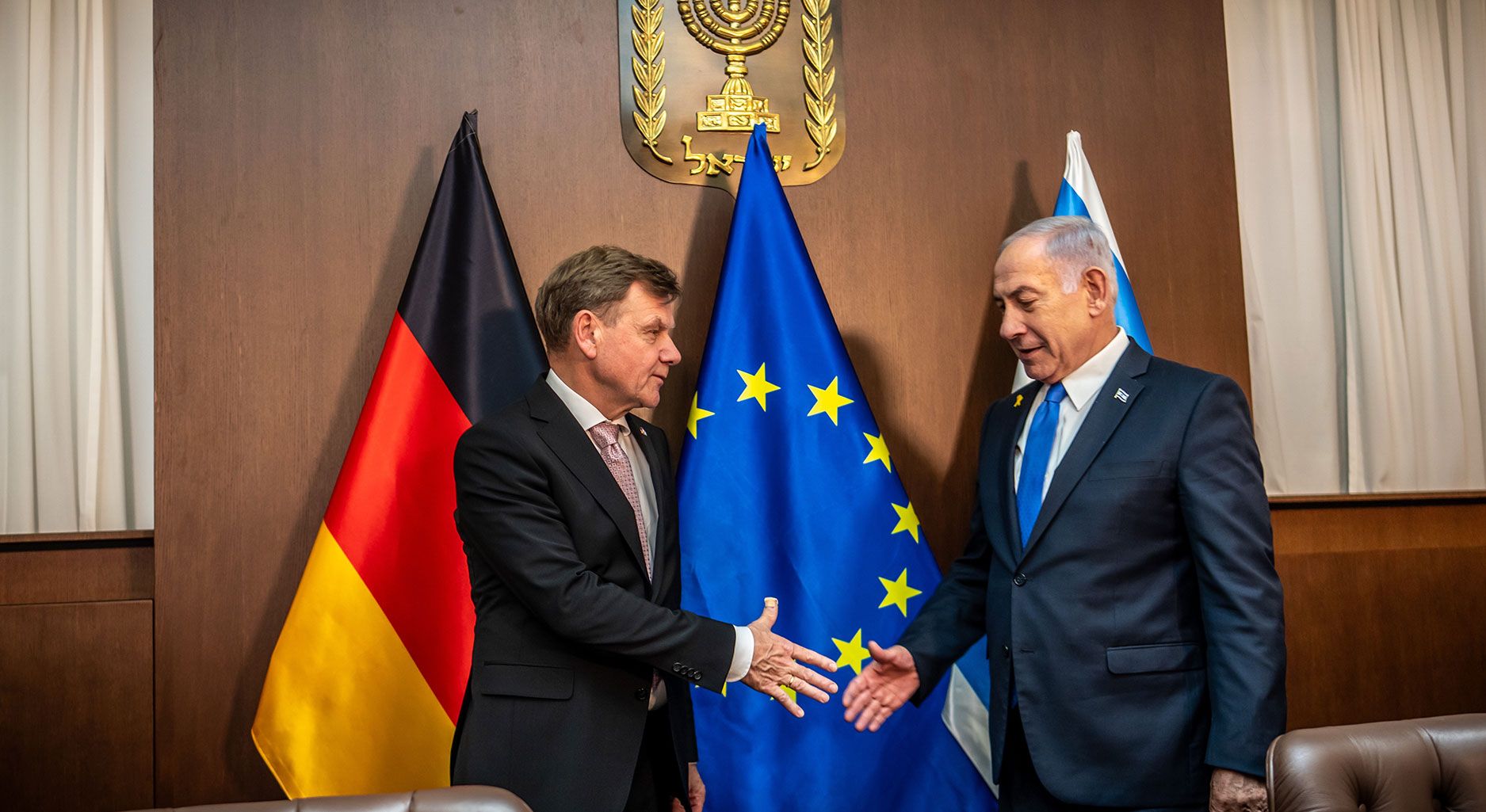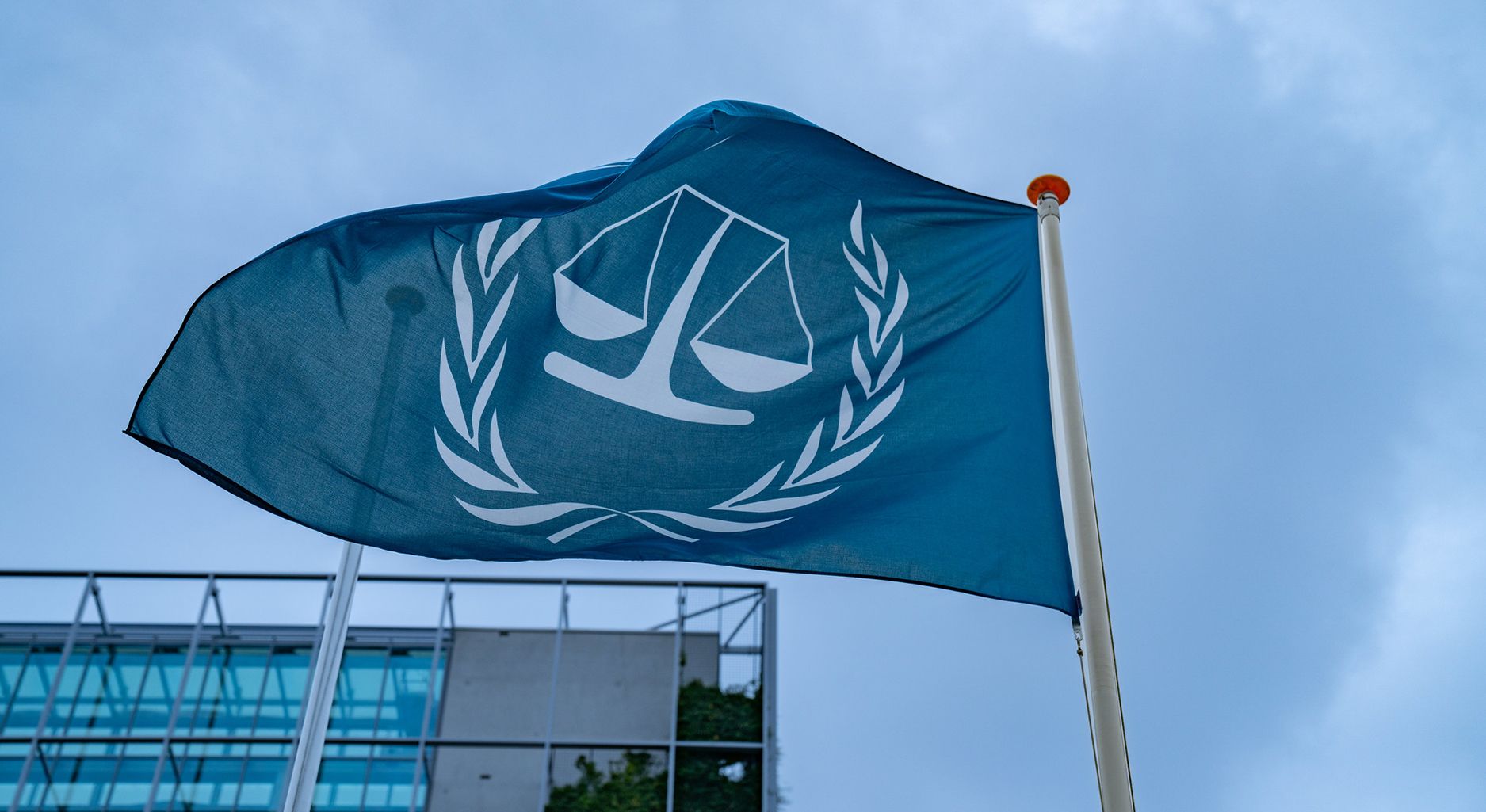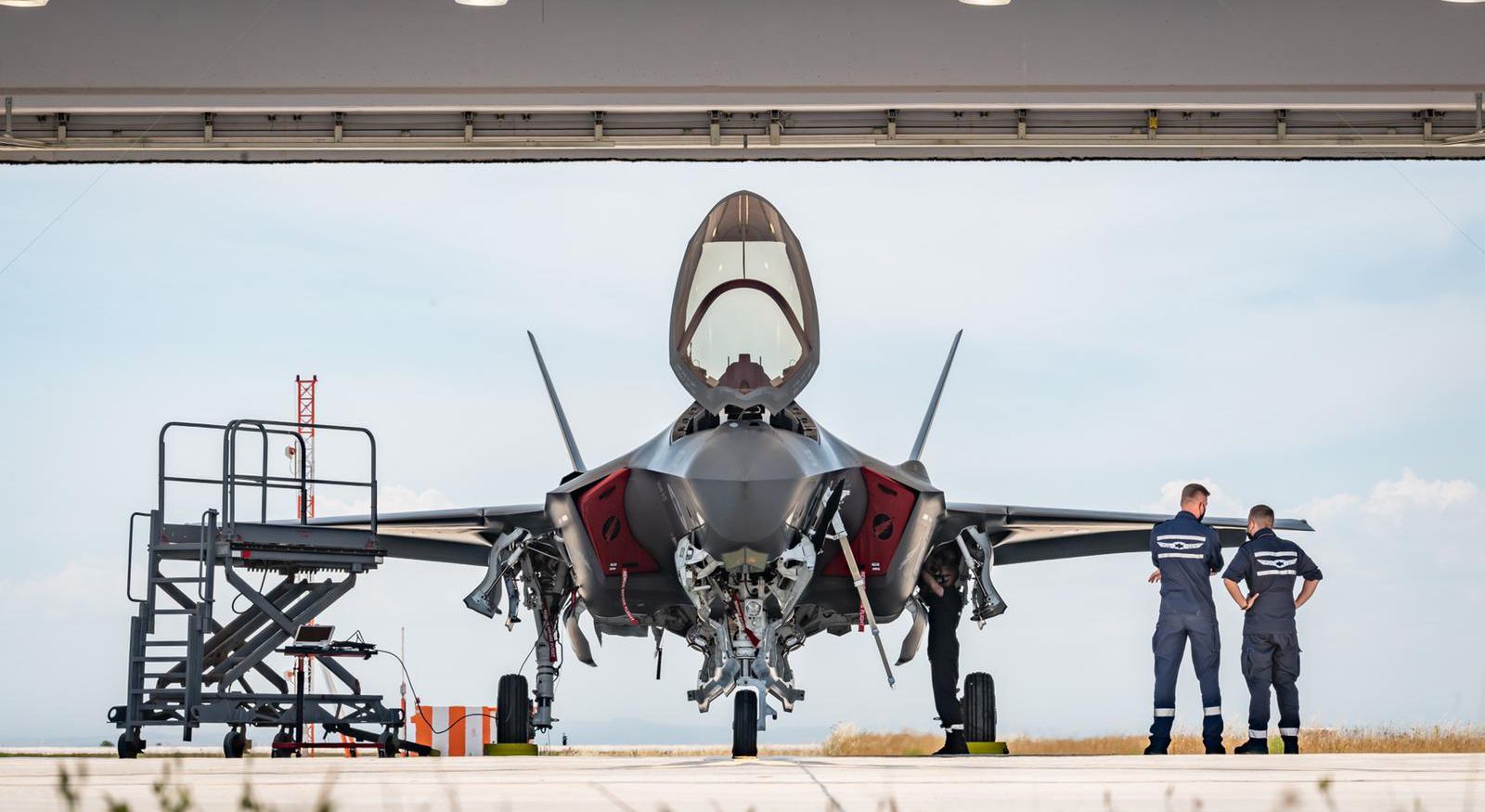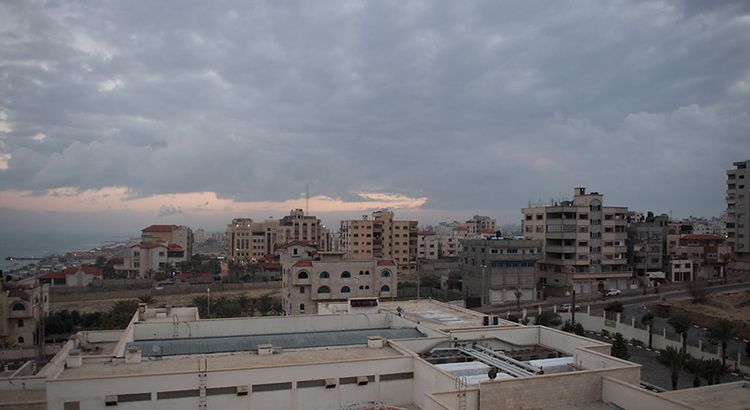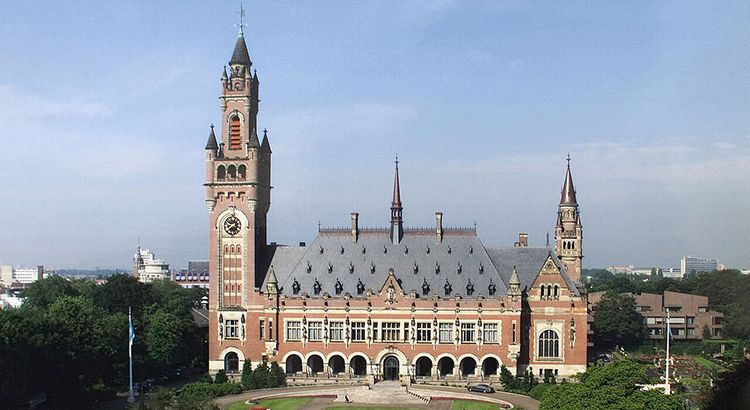Kritik ohne Konsequenzen: Überfällige Schritte für eine friedenspolitische Rolle Deutschlands im Israel-Gaza Krieg
Die Kritik am israelischen Vorgehen in Gaza wird plötzlich auch in der deutschen Politik deutlich. Doch fehlt bislang ein wirklicher Politikwechsel. Stärkerer diplomatischer Druck auf Israel, regionale Friedensinitiativen zu verfolgen, die konsequente Unterstützung des Völkerrechts in Bezug auf Rüstungsgüter sowie die Anerkennung von Entscheidungen internationaler Gerichte müssen in den Mittelpunkt der politischen Debatte rücken.
